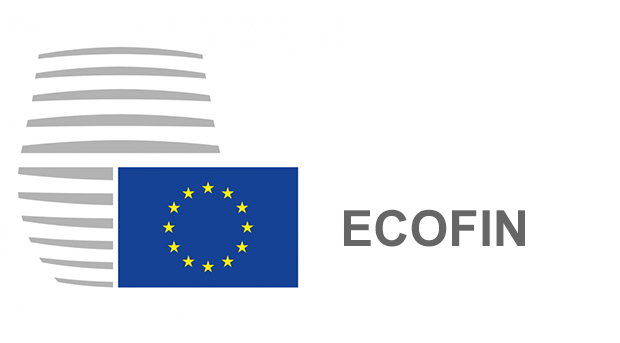
The next ECOFIN agenda
Economy 8 February 2016The Economic and Financial Affairs Council (ECOFIN) is responsible for the EU’s economic policy, taxation issues and the regulation of financial services, as well as for issues regarding the euro and the coordination of EU positions for meetings at international level and the financial aspects of international negotiations on measures to tackle climate change.
On February 12, the ECOFIN will meet to discuss some relevant issues. Here we offer you a highlight on the main topics.
Combating corporate tax avoidance
The European Commission will present a package of new proposals to the Council aimed at strengthening the EU rules against corporate tax avoidance. The package, discussed in the last Plenary, includes measures against aggressive tax planning, as well as boosting transparency between member states and ensuring fairer competition for all businesses in the single market.
Banking Union
The Council will discuss the state of play in implementing the banking union legislation into the national law of EU member states, in particular the transposition of the bank recovery and resolution directive as well as a directive on deposit guarantee schemes, which are important parts of the single rulebook of the banking union.
In response to the financial crisis that emerged in 2008, the European Commission pursued a number of initiatives to create a safer and sounder financial sector for the single market. Nevertheless, as the financial crisis evolved and turned into the Eurozone debt crisis, it became clear that, for those countries which shared the euro and were even more interdependent, a deeper integration of the banking system was needed. That’s why, on the basis of the European Commission roadmap for the creation of the Banking Union, the EU institutions agreed to establish a Single Supervisory Mechanism and a Single Resolution Mechanism for banks.
Fight against terrorist financing
The Council is expected to adopt conclusions on the European Commission’s action plan to strengthen measures against terrorist financing.
The European Agenda for Security had identified a number of areas to improve the fight against terrorist financing. The adoption of the Fourth Anti-Money Laundering Package in May 2015 represented a significant step in improving the effectiveness of the EU’s efforts to combat the laundering of money from criminal activities and to counter the financing of terrorist activities. It must now be implemented swiftly by Member States. The Commission is calling on Member States to commit to do this by the end of 2016. In December 2015, the Commission proposed a Directive on combatting terrorism which criminalises terrorist financing and the funding of recruitment, training and travel for terrorism purposes. The Commission is now proposing further ways to tackle the abuse of the financial system for terrorist financing purposes.
EU Budget
The Council is also expected to adopt conclusions on EU budget guidelines for 2017. It will also adopt the Council recommendation on the discharge to the European Commission concerning the implementation of the 2014 EU budget.
G20
Ministers will also prepare the meeting of G20 finance ministers and central bank governors, which will take place on 25-27 February 2016, in Shanghai (China).







